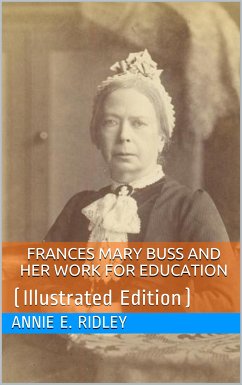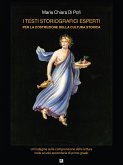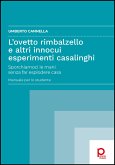Frances Mary Buss (16 August 1827 – 24 December 1894) was a British headmistress and a pioneer of women's education.
The daughter of Robert William Buss, a painter and etcher, and his wife, Frances Fleetwood, Buss was one of six of their ten children to survive into adulthood. Her grandparents, whom she was visiting in Aldersgate, sent her to a private school housed in the most basic accommodation "...to get me out of the way". Next she was sent to a similar school in Kentish Town which she remembered as simply consisting of children learning Murray's Grammar. Aged 10 she attended a more advanced school in Hampstead; by the age of fourteen she herself was teaching there and by sixteen she was occasionally left in charge of the school.
With the assistance of funds from the Brewers’ and Clothworkers’ companies, she was able to open the Camden Lower School in 1871, and that same year the North London Collegiate School gained recognition as a “public” (i.e., privately endowed) school for girls. Buss supported the foundation of women’s colleges at the universities and the improvement of teachers’ training. She founded the Association of Headmistresses in 1874 and was its first president (1874–94). She was succeeded in that post by her associate Dorothea Beale (1831–1906), another pioneer in women’s education. Their widespread reputations for single-minded dedication to the cause of female education gave rise to the verse
Miss Buss and Miss Beale
Cupid’s darts do not feel
How unlike us
Miss Beale and Miss Buss.
The daughter of Robert William Buss, a painter and etcher, and his wife, Frances Fleetwood, Buss was one of six of their ten children to survive into adulthood. Her grandparents, whom she was visiting in Aldersgate, sent her to a private school housed in the most basic accommodation "...to get me out of the way". Next she was sent to a similar school in Kentish Town which she remembered as simply consisting of children learning Murray's Grammar. Aged 10 she attended a more advanced school in Hampstead; by the age of fourteen she herself was teaching there and by sixteen she was occasionally left in charge of the school.
With the assistance of funds from the Brewers’ and Clothworkers’ companies, she was able to open the Camden Lower School in 1871, and that same year the North London Collegiate School gained recognition as a “public” (i.e., privately endowed) school for girls. Buss supported the foundation of women’s colleges at the universities and the improvement of teachers’ training. She founded the Association of Headmistresses in 1874 and was its first president (1874–94). She was succeeded in that post by her associate Dorothea Beale (1831–1906), another pioneer in women’s education. Their widespread reputations for single-minded dedication to the cause of female education gave rise to the verse
Miss Buss and Miss Beale
Cupid’s darts do not feel
How unlike us
Miss Beale and Miss Buss.









